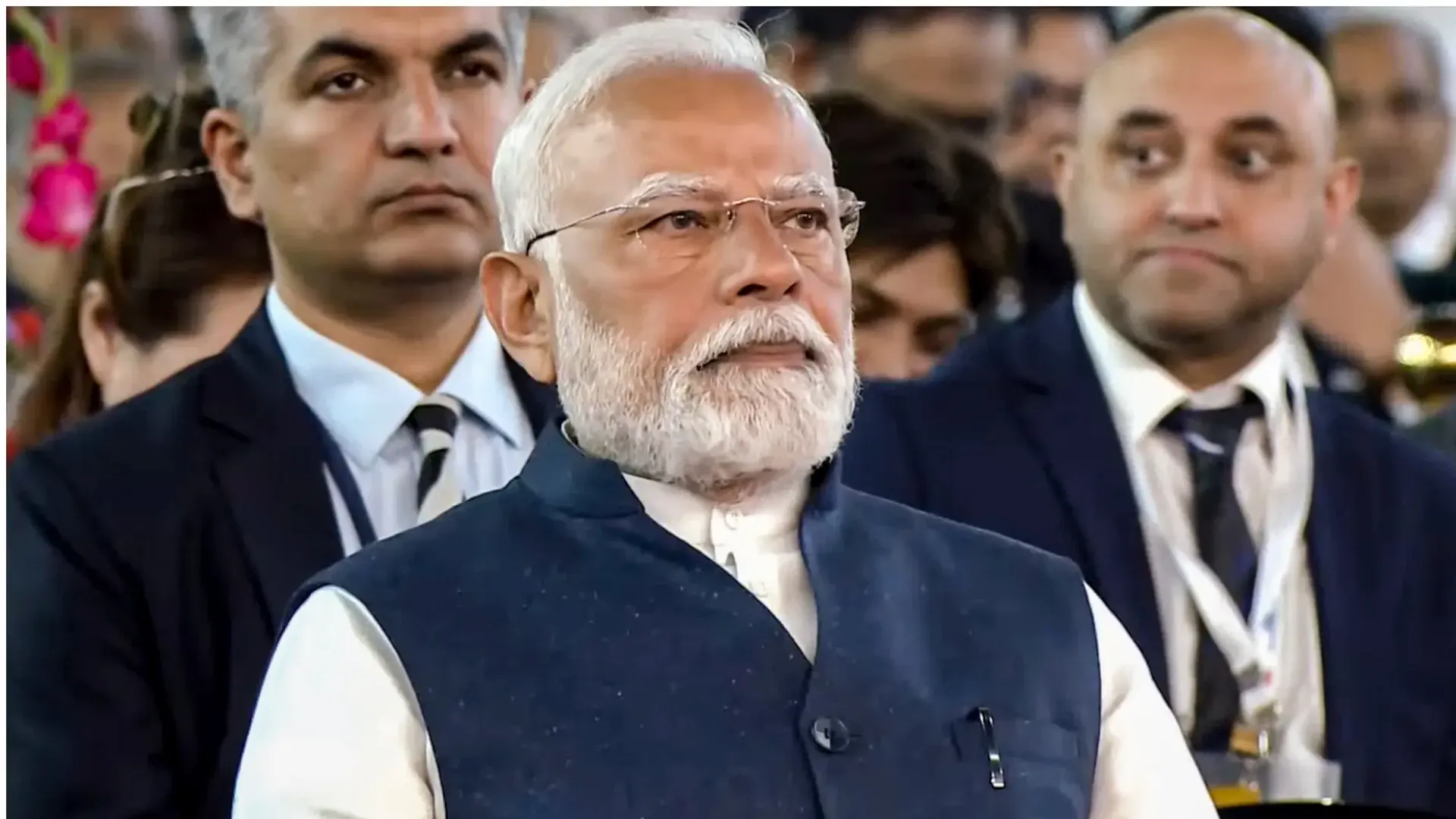Residents of Kattukollai village in Tamil Nadu’s Vellore district are in shock after receiving official notices declaring their land as Waqf property. This development follows a similar controversy in Tiruchendurai, adding to concerns over land ownership disputes in the state. The notice, reportedly issued by the Syed Ali Sultan Shah Dargah in February, claims ownership of the land under the Waqf Board.
As per the notice, villagers have been instructed to enter into a formal agreement with the Waqf Board and begin paying rent to the Dargah management. Failure to do so will result in the land being treated as encroached property, subject to recovery under Waqf laws. This has caused panic among the nearly 150 families who have lived and worked on the land for over four generations, relying on agriculture as their sole livelihood.
In response, the distressed residents of Kattukollai village, backed by the Hindu Munnani organization, marched to the Vellore District Collector’s office, demanding immediate government intervention. The villagers have official land documents issued by the government and seek clarity on the ownership dispute. Local farmer leaders expressed fear and confusion, with one stating, “This land is our only source of livelihood, and now we are being told to vacate or pay rent. It has created unnecessary anxiety.”
Land Ownership Dispute Raises Questions
Mahesh, a leader from the Hindu Munnani, who led the protest, highlighted that the land in question, Survey Number 330/1, has been in the family for generations. He urged the administration to protect the villagers’ rights by issuing official ownership certificates (patta) for the land.
This incident mirrors a similar controversy in 2022 when the Tamil Nadu Waqf Board claimed 480 acres of land in Tiruchendurai, including the site of a 1,500-year-old Chola-era temple. In that case, residents were informed they needed a No Objection Certificate (NOC) from the Waqf Board before selling their land. However, state government intervention resolved the matter, restoring the status quo.
Waqf (Amendment) Bill: New Legal Framework
This land dispute comes shortly after the passage of the Waqf (Amendment) Bill, which became an Act on April 5, 2025, after President Droupadi Murmu’s assent. The new law aims to streamline the management of Waqf properties, enhance transparency, and protect heritage sites. It also focuses on improving governance by coordinating with local authorities and safeguarding the rights of stakeholders.
With the passing of the Waqf (Amendment) Bill and ongoing tensions in Kattukollai and Tiruchendurai, the situation has raised questions about the legal rights of landowners and the protection of agricultural communities. The residents of Vellore’s Kattukollai village are holding out hope for a fair resolution that will preserve their centuries-old livelihood and secure their land ownership rights.
ALSO READ: Andhra Pradesh Man Kills Pregnant Wife Days Before Her Due Date, Arrested























